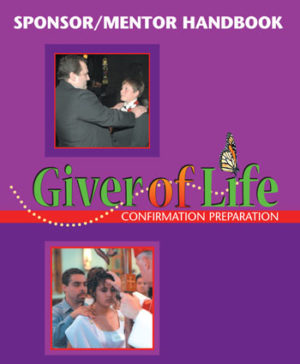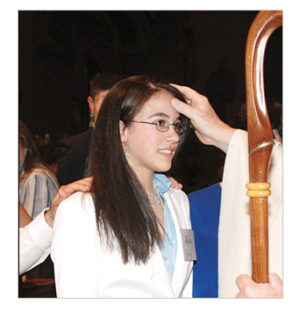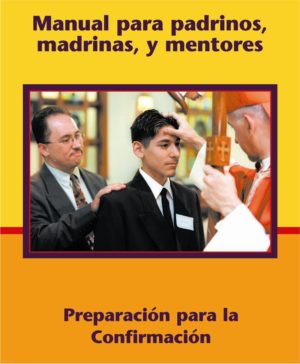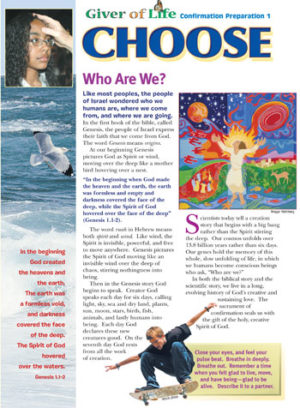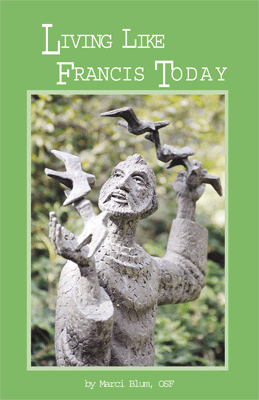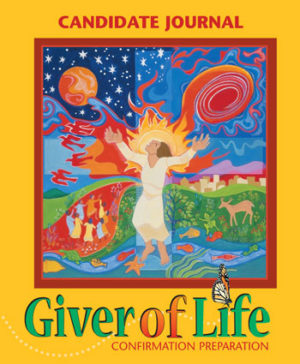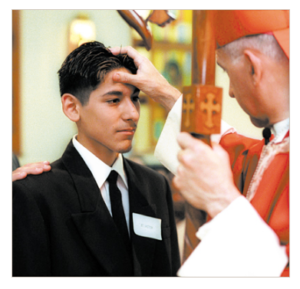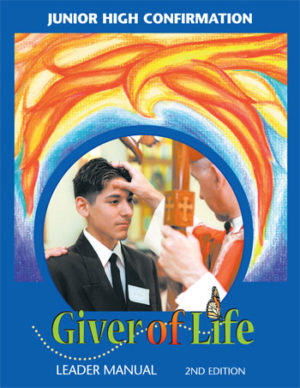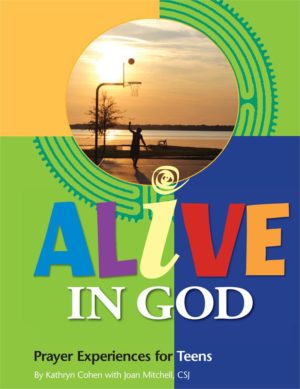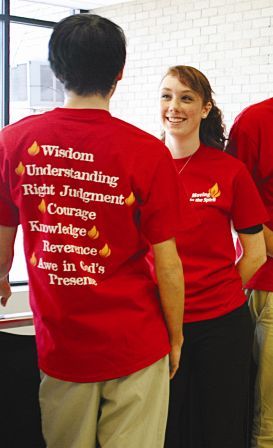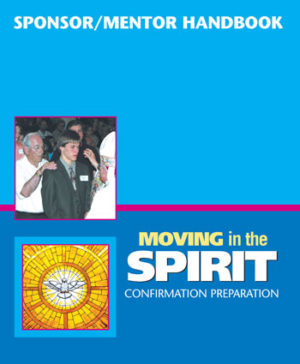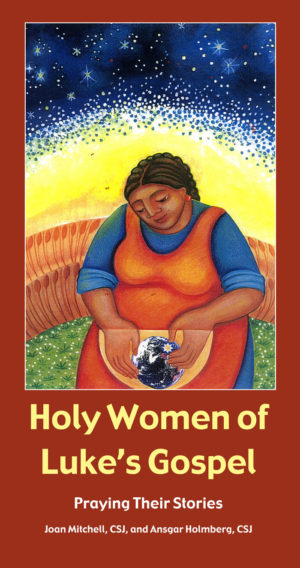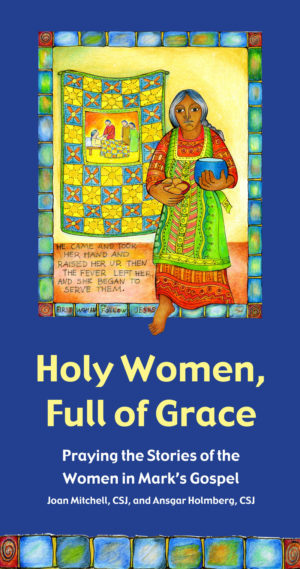Every time we pray the Apostles’ Creed, we profess that we believe in the communion of saints, an invisible community of love and friendship that extends beyond death. The communion of saints is the body of believers whose faith we begin to share when we are baptized.
The word communion has the word union as its main root. The suffix comm adds the idea of with.
Among Christians all baptized people living in union with the Church and working to keep the commandments are saints. For example, Paul addresses his letter to the Corinthians to the “church of God that is in Corinth and to all the saints throughout Achaia.” In the communion of saints Christians are one with all the believers of all time.
The saints share one faith. Before we share a sign of peace at Eucharist, the celebrating priest asks Jesus “Look not on our sins but on the faith of your church.” At Eucharist all share one loaf and one cup, one Body and Blood of Christ.
The saints share their gifts for the common good. Paul compares the Christian community with the human body to help the saints in Corinth see that their gifts can work together.
Just as the body is one and has many members, but all the members, though they are many are one, so also is Christ. For by one Spirit we were all baptized into one body, whether Jew or Greek, slaves or free. All of us have been given to drink of one Spirit.
1 Corinthians 12.12-13
The word church means the assembly, the people that God gathers in the whole world and who believe Jesus is the Christ. Church, then, refers to the whole universal church in union with the pope and to local parish communities of faith in union with their bishops. It refers especially to the people of God assembled to celebrate the sacrifice of the Mass.
In every Eucharistic Prayer after the consecration, we pray for the whole church. We pray for all who have come together to share in the Body and Blood of Christ, for the whole church and its leaders. These believers form the Church of the living.
We also pray for our “brothers and sisters who have gone to their rest in the hope of rising again.” We ask mercy for them. We ask to share their inheritance with Mary and the saints who are with God. In fact, we pray in union with them and with Jesus Christ. It is the whole communion of saints that celebrate Eucharist.
The Feasts of All Saints and All Souls ( November 1, 2) celebrate our communion with all who have died in faith. When loved ones die, we experience deeply our inseparableness from them. We remember and pray for them at every Eucharist and on these special days. These believers form the church in purgatory being purified and the church in glory sharing life with God. Together we form one Church.
We are born into the communion of saints at baptism the way we are born into a family at birth. The Church exists today because down the centuries people have believed Jesus’ message, have found God present in creation, have felt in themselves stirrings of the Spirit for justice and lasting community. As Christians, we share the faith of the saints of the past. Often we, the living, find mentors among the people in earlier generations whose Christian lives help us live our own.
The word “Church” designates the assembly of those whom God’s word gathers together to form the people of God. And with themselves, nourished with the body of Christ, become the body of Christ.
Catechism of the Catholic Church #777

